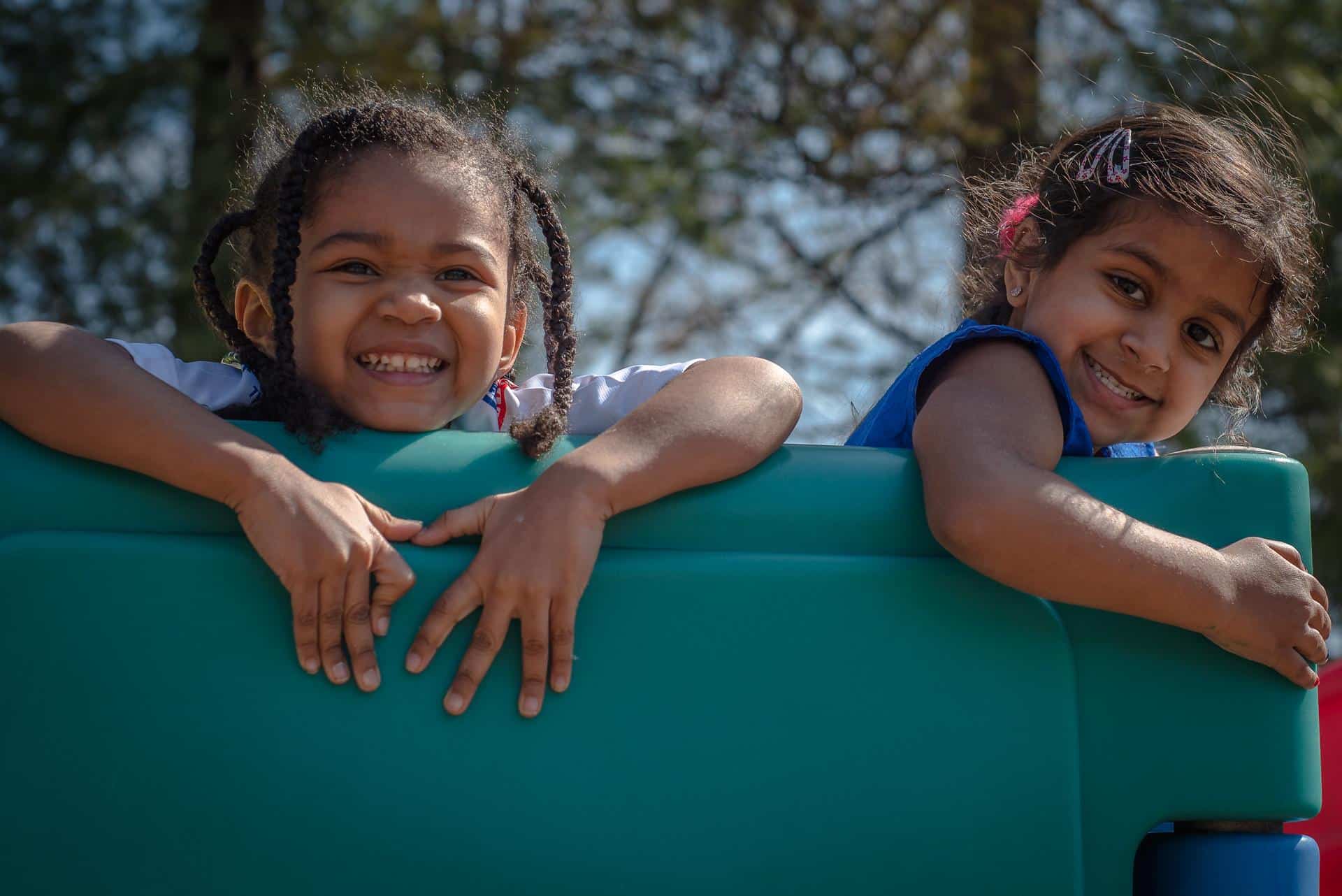 – When your morning starts off with questions like, “do I have school today?” or “how many more sleeps?” it may be time to introduce a family calendar.
– When your morning starts off with questions like, “do I have school today?” or “how many more sleeps?” it may be time to introduce a family calendar.
A family calendar can be utilized by children as early as age two if it includes pictures of the activities. Around age three, children’s growing executive function and working memory skills expand, which means words like “yesterday” and “today” now have meaning for your little one.
Knowing what’s coming next can allow a child to better self-regulate emotions as they’ll know what to expect. Check out these four tips for introducing a calendar for your family:
- Determine what type of calendar works best and secure a central location. This could be in the kitchen, living room or a hallway. Make sure it’s in a central location that the whole family can locate and access. Calendars can be formatted in a weekly or monthly style and can be paper, dry erase or digital.
- Make it visually pleasing. Try using different colors as a differentiator. If you have multiple children, allow them to have their own identifier. Use a visual “day” marker, such as a magnetic frame or arrow to showcase “today” and “tomorrow.” If your child is younger, be sure to use age-appropriate stickers or pictures to portray what’s coming next. Refer to the calendar often so it becomes a daily or weekly tool for them. They could also be involved with moving the markers before bed or each morning.
- Use it as a balanced measure. Keep it positive by including events and happenings such as extracurricular activities, family game nights, holidays, play dates, etc. Be sure to also include unpreferred activities like medical appointments, new events or at-home responsibilities. The calendar should be a tool to help reduce anxiety around the unknown for your child.
- Make it personal. Tailor the calendar to your family’s needs. You know your children best, so be sure to include them each time the calendar is updated. If your child needs additional support, or if they live in a two-home family, you could have an extra small calendar on hand that stays with your child in their backpack or room so they can always see what’s upcoming.
A family calendar will not only help your child determine what’s coming but also help introduce organization to them at a young age. For more resources, visit .



